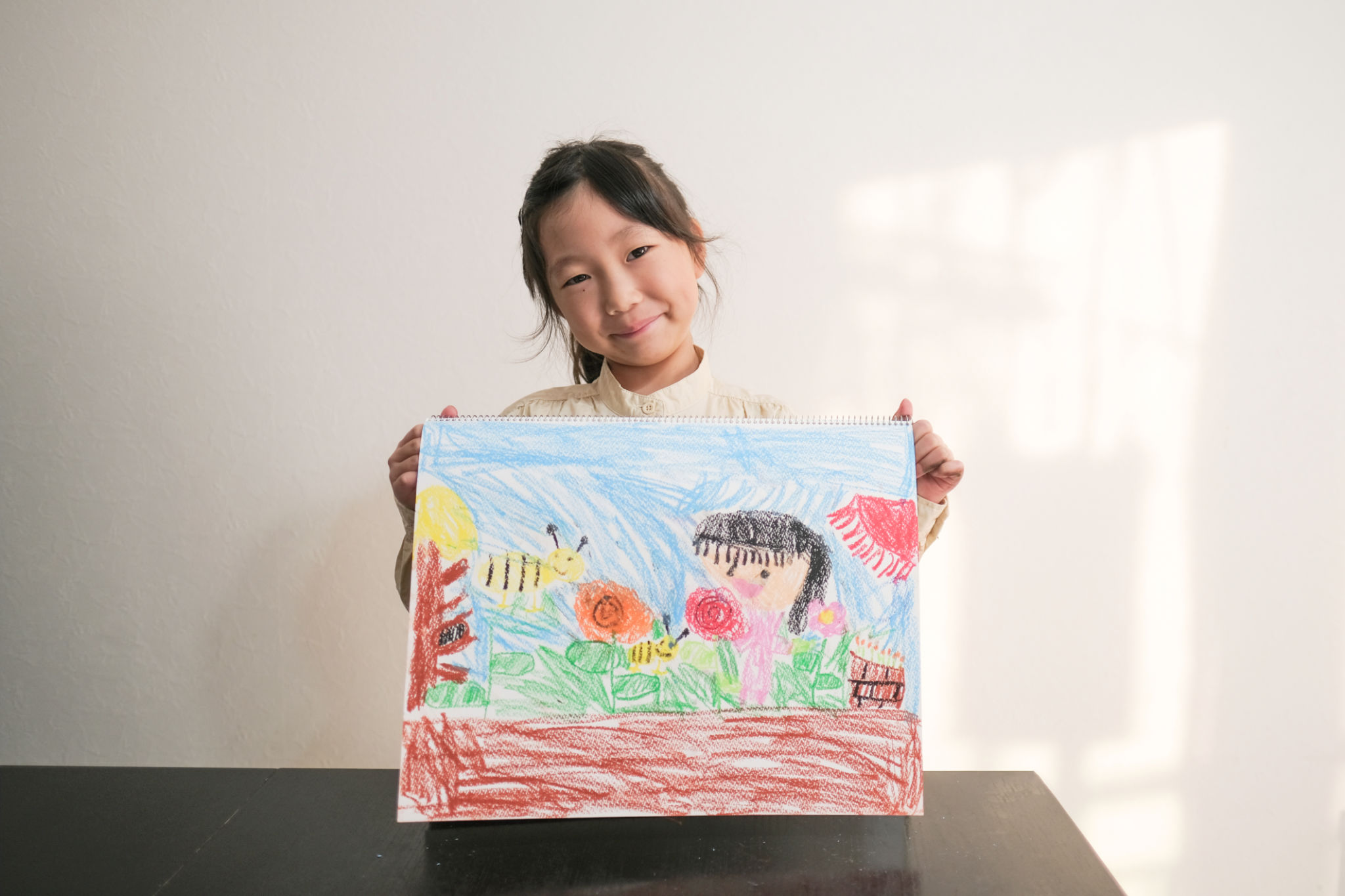How Children's Literature Can Inspire Young Minds: A Guide for Parents
Ho
The Importance of Children's Literature
Children's literature serves as a gateway to endless possibilities, sparking imagination and nurturing creativity. Through stories, young readers are introduced to new worlds, diverse cultures, and unique characters that enrich their understanding of the world around them. Books can be both entertaining and educational, making them an essential part of a child's development.

Building Empathy and Understanding
One of the most significant benefits of children's literature is its ability to build empathy. By stepping into the shoes of characters from various backgrounds and situations, children learn to appreciate different perspectives. This understanding fosters compassion and kindness, qualities that are crucial in today's interconnected world.
Books like "Charlotte's Web" and "The Hundred Dresses" teach children about friendship, acceptance, and the importance of standing up for others. These stories encourage kids to think about their actions and how they affect those around them.
Encouraging Critical Thinking
Children's literature also plays a vital role in developing critical thinking skills. Stories often present problems that require solutions, prompting young readers to think about what they would do in a similar situation. This problem-solving aspect is crucial for cognitive development and helps children learn to make informed decisions.

Interactive books that involve decision-making, such as "Choose Your Own Adventure" series, empower children to take control of the narrative, further enhancing their analytical skills.
Nurturing Creativity
Stories filled with fantastical elements and imaginative plots inspire creativity. Books such as "Harry Potter" and "Where the Wild Things Are" transport children to magical realms, encouraging them to dream big and explore their creativity. This imaginative play is not only fun but also essential for cognitive and social development.

Supporting Language and Literacy Skills
Regular exposure to literature builds language skills, expanding vocabulary and improving comprehension. Reading stories aloud to children helps them recognize words and understand sentence structure, laying the foundation for successful literacy. Additionally, discussing stories enhances communication skills and encourages active listening.
Parents can choose a mix of classic tales and contemporary stories to provide a well-rounded literary experience. Incorporating poetry and rhymes can also add a rhythmic element to reading, making it more engaging for young listeners.
Choosing the Right Books
When selecting books for your child, consider their interests and reading level. Books that align with their hobbies or current fascinations will capture their attention more effectively. It's also beneficial to include diverse stories that represent various cultures and experiences, broadening their worldview.
- Consider award-winning books for quality storytelling.
- Seek recommendations from teachers or librarians.
- Encourage children to explore different genres.
Conclusion
Children's literature is a powerful tool for inspiring young minds. By incorporating a variety of books into your child's routine, you can foster empathy, encourage critical thinking, and nurture creativity. As parents, supporting your child's literary journey can have a lasting impact, shaping them into thoughtful, imaginative, and well-rounded individuals.